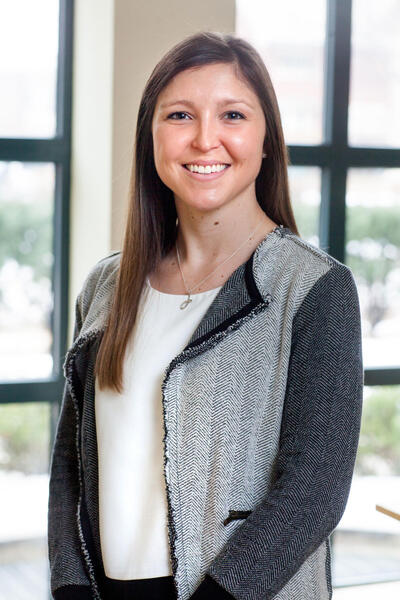Expressing gratitude on Thanksgiving & every day
During this season of giving thanks, we asked several of our therapists to share some thoughts on expressing gratitude on Thanksgiving and every day.
Happy Thanksgiving!
By Michael Goldstone, LCSW
At a time where there is so much uncertainty in the world it can be challenging to reflect on gratitude. Thanksgiving is a great time to take stock what is important in our lives. Gratitude is the practice of showing thanks, appreciation and kindness. Recognizing this regularly can help increase satisfaction in life, optimism, joy and pleasure. Practicing gratitude has even been shown to improve symptoms related to depression and anxiety.
In my life, gratitude is an important part of my own self-care routine. Recognizing what I am grateful for helps me focus on the positives in the present, no matter how much 2020 has tried to challenge that. One way that I practice gratitude is by spending a few minutes each day identifying three moments, people or things for which I am thankful at the start of each day. Whether you currently practice this or wish to start, Thanksgiving is a great time to reflect on what you are grateful for and to share it with those close to you. Virtually, in person or to yourself, take a moment to bring your attention to the positives in life and take stock of what matters most to you this holiday season.
By Juliana Lockwood, LMFT
There was a time in my life when a trusted person suggested that I begin journaling every night. They recommended I write down three positive things about the day. I remember sitting down for the first time to write and honestly, I could not find anything positive to write down. Life overall seemed to just suck. Then, I tuned into the smaller things in life that felt too simple to be grateful for … like soft socks and good food. With passing time, it became easier and easier for me to generate gratitude for various things in life. My life did not suddenly change, the unfortunate things that were happening were still going on, however my perspective shifted immensely.
Eventually, I not only thought things like soft socks were simply nice, I developed a sincere appreciation for what was going well for me. Practicing gratitude promotes positive thinking and there is power in positive thinking. Our thoughts can influence our emotions. Our thoughts can influence our actions. Practicing gratitude can have a positive domino effect if we let it, we just have to be willing to make that first push to let the rest of the dominos fall into place. Even if your current self thinks “this exercise sounds stupid,” your future self will thank you.
By Sharday Love, LPC
Let’s face it: with so much happening in the world, it can be easy to get swept away in the current of things that aren’t going well and just as easy to lose sight of the things that we are thankful for. Cultivating gratitude can be a powerful tool to help us find balance and feel more grounded when we’re having a tough time. The beauty of gratitude is that it naturally shifts us away from ruminating on negative thoughts and emotions that can leave us feeling stuck (like resentment or envy) and towards thoughts of appreciation, resiliency and growth.
In order to truly shift our way of thinking and experience the benefits of gratitude, habit and practice are essential. This may take the form of Juliana’s gratitude journal mentioned above, meditation (like the 7 Days of Gratitude in the CALM App), or, if you’re spiritual, it may even become a part of your daily prayers. Challenge yourself to name three to five things you’re grateful for each day: a gentle reminder of things that are going well, people in our lives who are meaningful or simple things we often take for granted. For instance, when was the last time you really took time to appreciate something as simple as your eyesight? Your ability to feel, smell or taste? They may get forgotten in the daily shuffle but, when you take a step back to wonder at how much they add to our everyday lives, even the small things can feel pretty miraculous.


